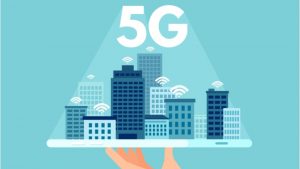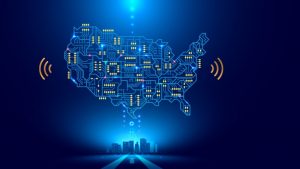When the pandemic hit, affordable and dependable internet became vital to keep the United States going. This sudden change highlighted the glaring disparity in internet connectivity to underserved communities. Congress attempted to remedy this issue with the Emergency Broadband Benefit (EBB), which offers low-income consumers a $50 discount on their internet bills.
The Federal Communications Commission’s (FCC) Dec. 14 meeting yielded a host of rulemaking actions when it comes to hot button topics for the commission, including E-Rate broadband bidding, emergency alerts, and robocalls.
Today the Senate voted 68-31 to confirm Federal Communications Commission (FCC) Chair Jessica Rosenworcel to another five-year term.
To help close the broadband digital divide, the Federal Communications Commission (FCC) has proposed an enhanced competition incentive program to encourage licensees to offer opportunities for small carriers and Tribal Nations to obtain spectrum via lease, partition, or disaggregation.
California Gov. Gavin Newsom has announced 18 new broadband projects the state will undertake in an effort to close the digital divide.
The Federal Communications Commission (FCC) announced that it is ready to authorize nearly $709,060,159 in its fourth round of funding for new broadband deployments through the Rural Digital Opportunity Fund.
The City of Oakland, Calif., is now partnering with EducationSuperHighway on a new initiative to connect 90 percent of Oakland’s estimated 36,951 unconnected homes to high-speed broadband over the next five years.
After more than two months of angling and dealmaking, the House of Representatives voted to approve the $1 trillion Infrastructure Investment and Jobs Act – also known as the Bipartisan Infrastructure Framework – on November 5, sending the bill along with its $2 billion in cyber funding and $65 billion in broadband appropriations to President Biden’s desk for final approval.
The First Responder Network Authority announced that FirstNet has now been adopted by more than 18,500 public safety agencies and organizations nationwide, which accounts for more than 2.8 million connections.
New York City Mayor Bill de Blasio announced that New York City would spend the next three years building publicly-owned broadband infrastructure serving 1.6 million residents while partnering on immediate-term affordable internet connectivity for more than 250,000 residents.











